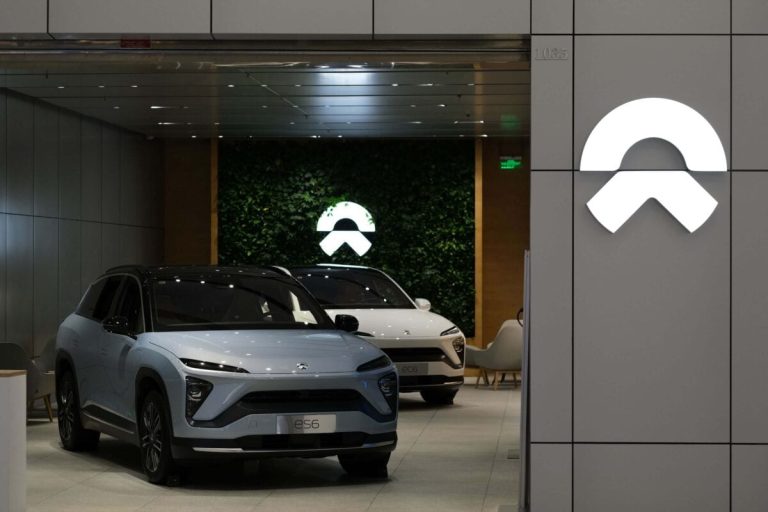
Smart Cities: Urban Trends for 2025 – Revolutionizing Urban Living
Smart Cities: Urban Trends for 2025 are transforming the way we live, work, and interact with our environment. As the world becomes increasingly urbanized, cities are facing numerous challenges, from climate change and traffic congestion to social inequality and resource management. In response, smart city initiatives are emerging as a solution to these problems, leveraging technology and innovation to create more sustainable, efficient, and livable urban spaces.
Introduction to Smart Cities
A smart city is an urban area that uses information and communication technologies (ICT) to enhance the quality of life for its citizens, improve the efficiency of services, and reduce costs. The concept of smart cities encompasses a wide range of aspects, including energy management, transportation systems, public safety, and waste management. By integrating these systems and services, cities can become more responsive to the needs of their citizens, while also reducing their environmental footprint.
Key Trends in Smart Cities for 2025
As we look ahead to 2025, several key trends are emerging in the development of smart cities. These include:
- Internet of Things (IoT) Integration: The increasing use of IoT devices and sensors to collect and analyze data on various aspects of urban life, from energy consumption to traffic patterns.
- Artificial Intelligence (AI) and Machine Learning (ML): The application of AI and ML to analyze data, predict trends, and optimize urban systems and services.
- Sustainable Energy and Transportation: The adoption of renewable energy sources, such as solar and wind power, and the development of electric and self-driving vehicles.
- Smart Buildings and Infrastructure: The design and construction of energy-efficient buildings, as well as the integration of smart technologies into existing infrastructure.
- Citizen Engagement and Participation: The use of digital platforms and tools to engage citizens in the planning and decision-making process, and to provide them with access to information and services.
Benefits of Smart Cities
The benefits of smart cities are numerous and far-reaching. Some of the most significant advantages include:
- Improved Quality of Life: Smart cities can provide citizens with a higher quality of life, through the provision of efficient and reliable services, as well as access to information and opportunities.
- Increased Efficiency and Productivity: By streamlining urban systems and services, smart cities can reduce costs, enhance productivity, and promote economic growth.
- Enhanced Sustainability: Smart cities can reduce their environmental footprint, through the adoption of renewable energy sources, reduction of waste, and promotion of sustainable transportation.
- Better Public Safety: Smart cities can improve public safety, through the use of surveillance systems, emergency response systems, and data analytics.
Challenges and Opportunities
While smart cities offer many benefits, they also pose several challenges and opportunities. Some of the key challenges include:
- Financing and Investment: The development of smart cities requires significant investment, which can be a challenge for many cities.
- Privacy and Security: The use of IoT devices and data analytics raises concerns about privacy and security, and the need for robust safeguards to protect citizen data.
- Digital Divide: The increasing use of digital technologies can exacerbate the digital divide, and the need for inclusive and accessible digital platforms.
- Infrastructure and Legacy Systems: The integration of smart technologies into existing infrastructure and legacy systems can be complex and challenging.
Conclusion
In conclusion, smart cities are transforming the way we live, work, and interact with our environment. As we look ahead to 2025, it is clear that smart cities will play an increasingly important role in shaping the future of urban living. By leveraging technology and innovation, cities can become more sustainable, efficient, and livable, and provide citizens with a higher quality of life.






